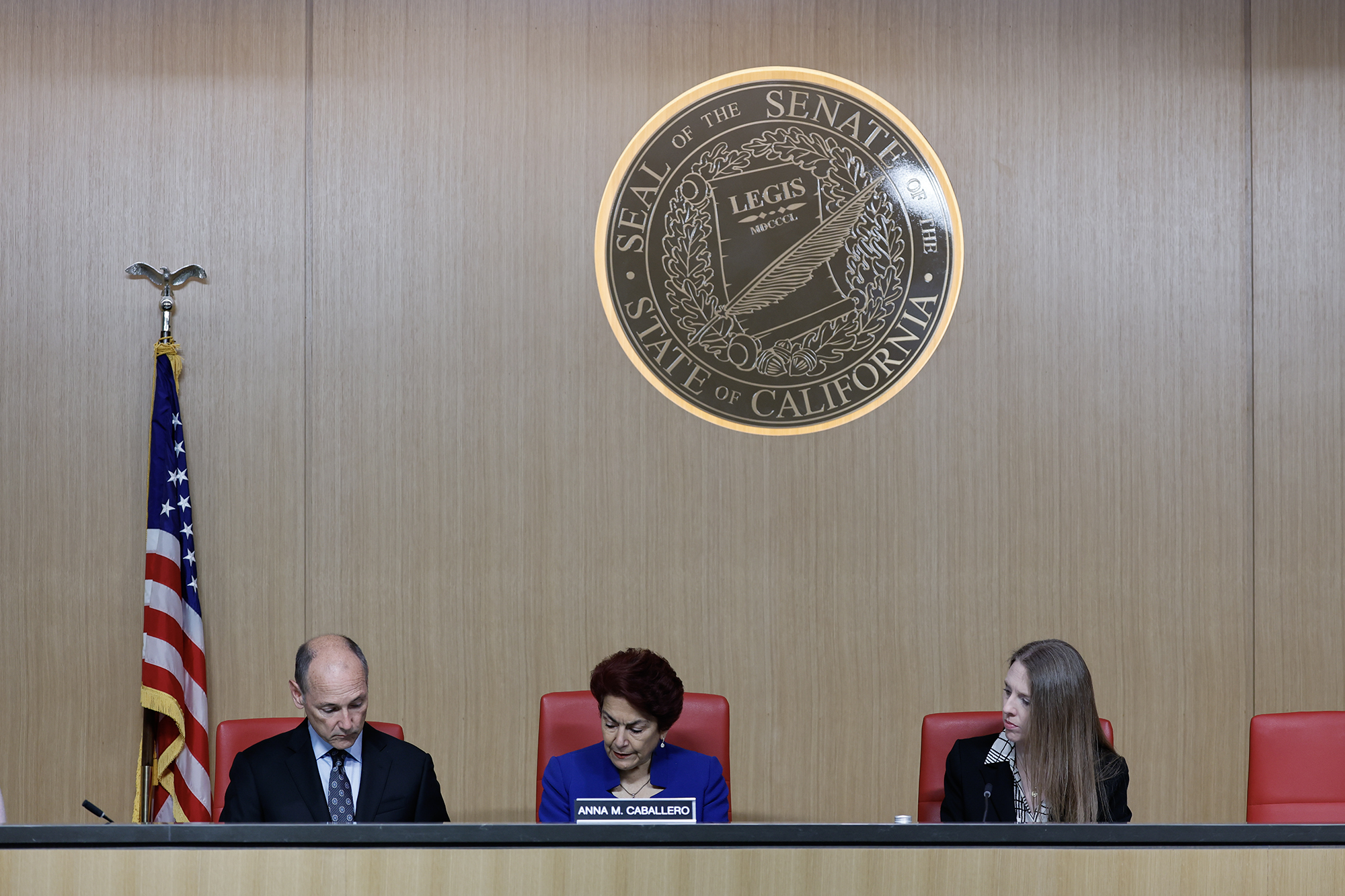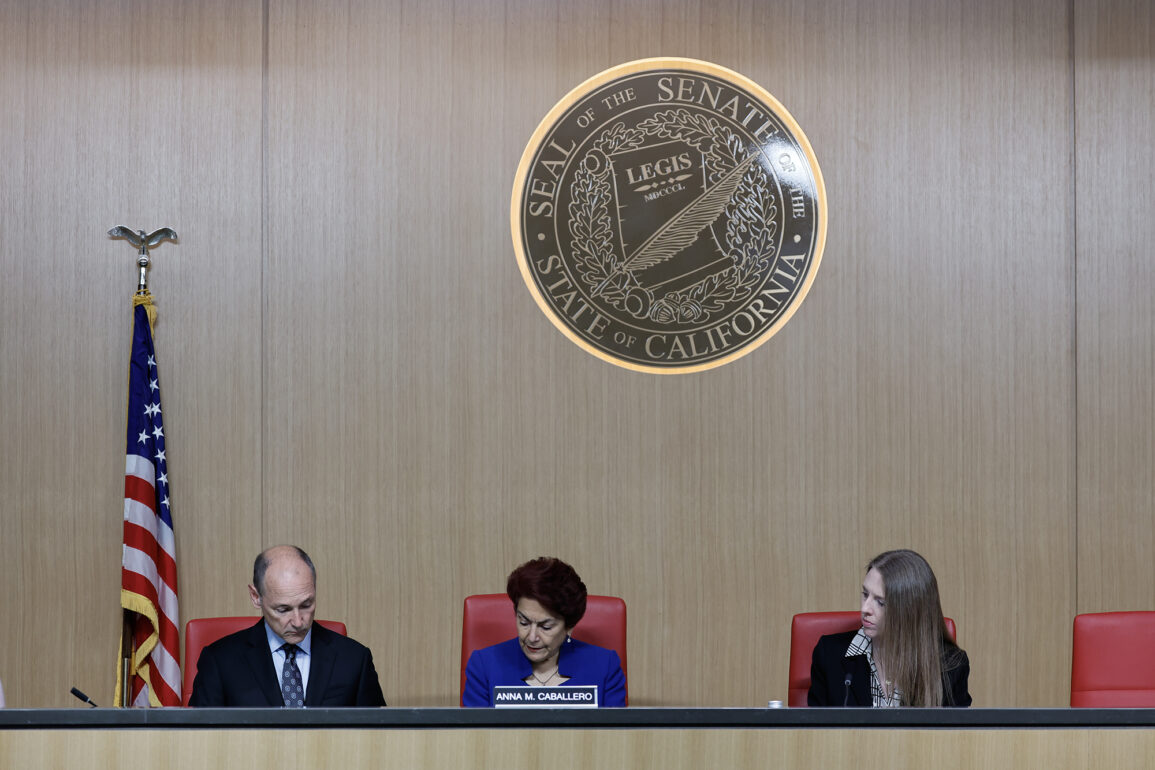“Authors were asked to amend their bills to take out the more expensive stuff,” Caballero said. “We don’t have the money.”
The Assembly’s appropriations committee held 233 of the 668 bills on its suspense file, or about 34.5% — slightly higher than last May when 29% were shelved.
Those included Assembly Bill 2751 by Assemblymember Matt Haney, a San Francisco Democrat, which would have barred employers from contacting workers outside of scheduled hours, and AB 2808 by Assemblymember Buffy Wicks, an Oakland Democrat who chairs the committee, which would have limited companies such as Ticketmaster from being able to resell event tickets exclusively.
“We have an obligation to balance the budget here in California — we can’t go into debt,” Wicks told reporters after the hearing, where she killed another attempt to establish a single-payer health care system in California, a policy she has supported in the past. “We needed to be responsible with taxpayers’ money, so that’s why we had to make some tough calls today.”
Assemblymember Ash Kalra, who authored the single-payer bill, said after two years of negotiations, he was confident it would have passed the Assembly.
“I am deeply disappointed the Assembly Appropriations Committee failed to recognize the significant cost-saving potential of AB 2200,” he said in a statement. “Study after study has shown that a single-payer system will not only cost less than our current system but can safeguard the State from future deficits while stimulating economic growth.”
Both Caballero and Wicks are newly in charge of their respective committees this year, overseeing their first suspense file hearings as the state works through how to close a massive deficit.
Gov. Gavin Newsom unveiled his proposed spending plan last week to address the looming shortfall, estimated at $56 billion over the next two fiscal years — and more by legislative finance officials — even after he and lawmakers took early action to reduce it.
With more than $30 billion in cuts to education, public health, environmental and other programs on the line, Newsom is likely to have little appetite this year for pricey new legislation. He has already urged discipline over the past two sessions as California’s finances softened, vetoing dozens of bills that he said would add unaccounted costs to the budget.
The suspense file, where all legislation with a major fiscal impact is considered concurrently and dispensed within a rapid-fire hearing, has also long provided the Legislature with an easier way to kill controversial or undesirable bills.
Caballero refused to discuss any of her specific decisions, citing only cost considerations, including shelving Senate Bill 1012, which would have legalized the use of hallucinogenic drugs in therapeutic settings. Newsom vetoed a broader decriminalization of psychedelics last year, and supporters hoped their focus on therapy would provide a path forward.

“Psychedelics have massive promise in helping people heal and get their lives back on track,” Sen. Scott Wiener, a San Francisco Democrat who carried the bill, said in a statement. “I’m highly committed to this issue, and we’ll continue to work on expanding access to psychedelics.”


